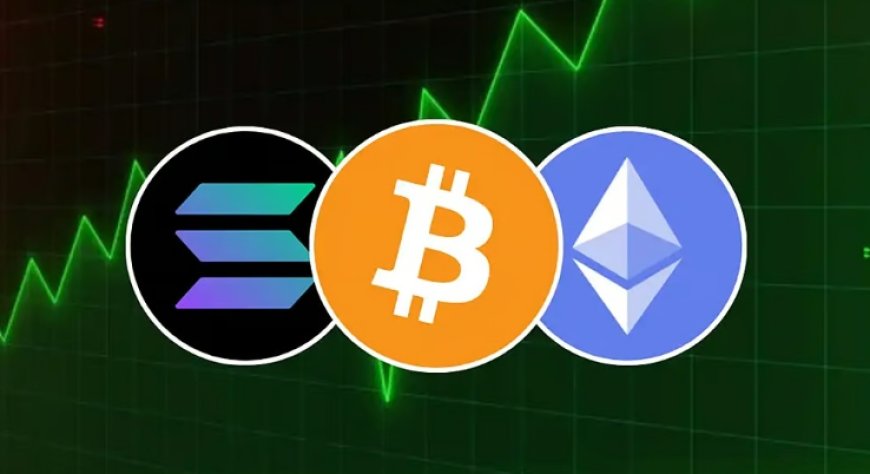A major turning point in the cryptocurrency world is just days away. This Saturday, March 7, the White House will host its first-ever Crypto Summit, where discussions will go beyond Bitcoin (BTC) and Ethereum (ETH) to include Cardano (ADA), XRP, and Solana (SOL) as part of the U.S. Strategic Reserve. The decision has sent shockwaves through the crypto community, raising critical questions about decentralization, governance, and the future of digital assets.
Solana Founder Weighs In
Solana co-founder Anatoly Yakovenko has voiced his concerns about the proposed reserve, outlining three potential scenarios:
-
No Reserve: Yakovenko argues that a federally controlled reserve could undermine decentralization. "If you want decentralization to fail, you'd put the government in charge of it," he stated.
-
State-Controlled Reserves: If reserves are inevitable, Yakovenko suggests states should manage their own as a hedge against Federal Reserve missteps.
-
Objective Criteria: If a federal reserve must exist, it should be based on measurable and rational criteria, even if that means only Bitcoin qualifies initially.
Yakovenko denied any involvement in lobbying for SOL's inclusion, emphasizing that the network operates independently and doesn't have a "representative" to push for such agendas.
Market Reactions and Controversies
The announcement has triggered significant price surges for XRP (up 34%), SOL (up 22%), and ADA (up 63%), while Bitcoin and Ethereum have also seen notable gains. However, the decision has sparked controversy, with some arguing it reflects an agenda by project founders to boost their holdings through government backing. Concerns about liquidity fragmentation and the dilution of Ethereum's market share have also been raised.
White House Summit: What's at Stake?
The upcoming White House Crypto Summit will bring together key figures from the crypto industry, including founders and investors, to discuss the reserve's implementation and broader regulatory frameworks. Commerce Secretary Howard Lutnick hinted that Bitcoin might receive special status, while other tokens could be treated differently but positively.
The Road Ahead
As the summit approaches, the crypto community remains divided. While some see the reserve as a step toward broader adoption, others fear it could centralize power and erode the decentralized ethos that defines blockchain technology. One thing is certain: the debate is far from over, and the outcomes could reshape the crypto landscape for years to come.








